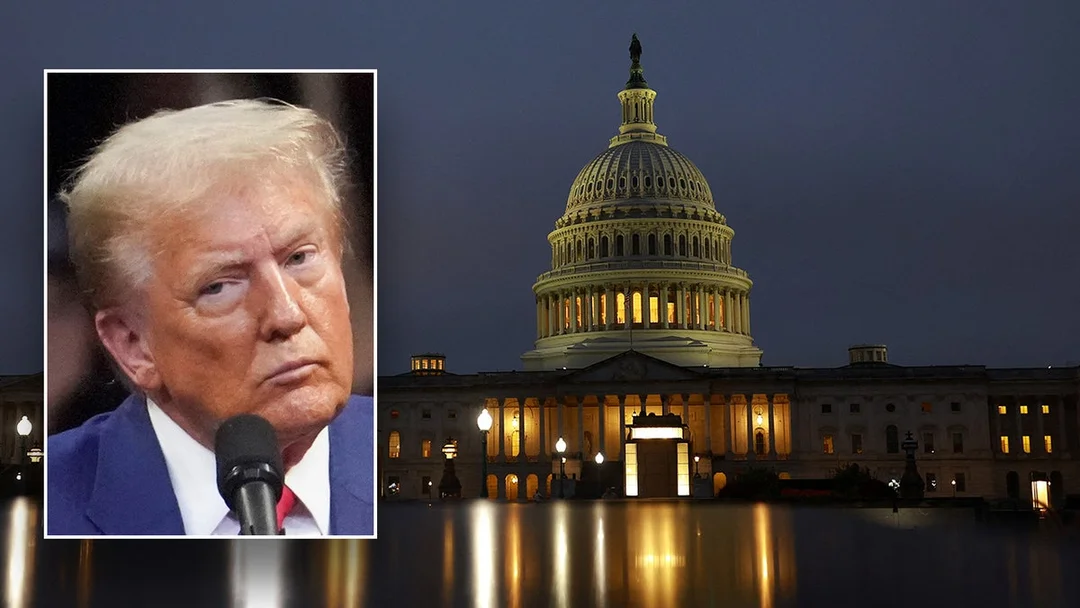
Healthcare Showdown: Democrats vs. Republicans Over Medicaid Cuts and Coverage Loss
A fierce debate is raging over the future of healthcare in the US, with Democrats and Republicans clashing over proposed changes to Medicaid and their potential impact on millions of Americans. At the heart of the controversy are competing claims about the number of people who could lose health insurance coverage under Republican-led reforms.
Democrats are raising alarms, citing a preliminary Congressional Budget Office (CBO) analysis that suggests at least 8.6 million people could become uninsured by 2034 due to Republican legislative proposals. Some Democrats have even inflated this figure, claiming 13.7 million would lose coverage. This higher number, however, includes the scheduled expiration of expanded ACA tax credits, a separate issue not directly tied to the current GOP bill.
The CBO report formed the basis for heated exchanges. Rep. Alexandria Ocasio-Cortez, for example, stated that "13.7 million Americans will be cut off from their health care and made completely uninsurable by the bill that Republicans are presenting today." Senate Minority Leader Chuck Schumer echoed this sentiment, claiming "14 million Americans, at least 14 million, would be ripped off of their health insurance under this proposal."
Republicans, on the other hand, accuse Democrats of using scare tactics and misrepresenting the CBO data. They argue that their proposed reforms, which include work requirements and stricter eligibility checks, aim to preserve Medicaid for those who truly need it by eliminating waste, fraud, and abuse. White House spokesman Kush Desai emphasized that President Trump is committed to “protecting Medicaid for every eligible American who relies on it."
The dispute also extends to the CBO itself. Some conservatives are questioning the agency's nonpartisan status, alleging that the CBO's Health Analysis Division leans heavily Democratic.
Ryan Long, a senior research fellow at the Paragon Health Institute, points out that the initial CBO analysis, commissioned by Democrats, evaluated policies that were not identical to those actually proposed by Republicans. Michael Cannon of the Cato Institute echoed this, saying the analysis was used as a "cudgel against Republicans."
Amidst the accusations and counter-accusations, one thing is clear: the debate over Medicaid and healthcare coverage is far from over. Key points of contention include the future of ACA tax credits, the implementation of work requirements, and the overall direction of healthcare policy in the United States. Ultimately, the political wrangling could have significant consequences for millions of Americans who rely on Medicaid for their healthcare needs.
The House Energy and Commerce Committee unveiled a portion of the measure Sunday that tackled Medicaid, as the panel follows through on requests to find $880 billion in spending cuts to foot the bill for other Trump priorities.
How will this healthcare showdown ultimately play out, and what will be the true cost to American citizens? Share your thoughts and predictions in the comments below.